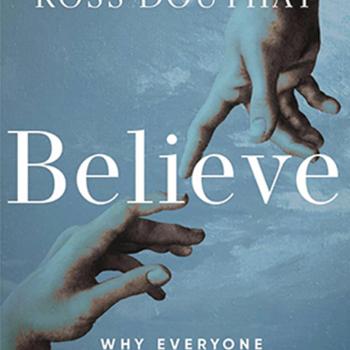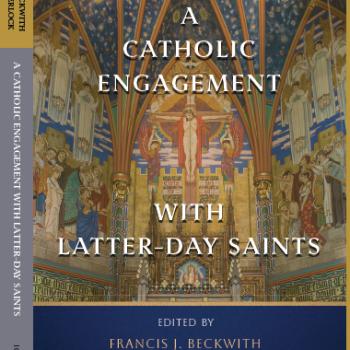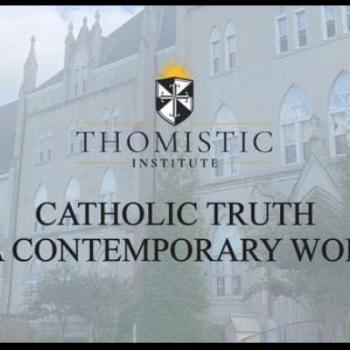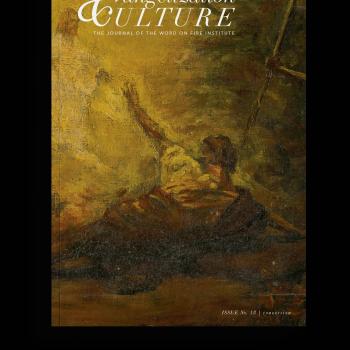Baylor University, the institution that has employed me since 2003 and at which I am honored to serve, is a Christian university. According to its website, Baylor was “chartered in 1845 by the Republic of Texas and affiliated with the Baptist General Convention of Texas.” It “is both the state’s oldest institution of higher learning and the world’s largest Baptist university.” Although a vast majority of our students identify as Christians, with Baptists being the largest denomination represented, some of our students are members of other faiths or have no religious affiliation at all. (One does not have to be a Christian to be admitted to Baylor).
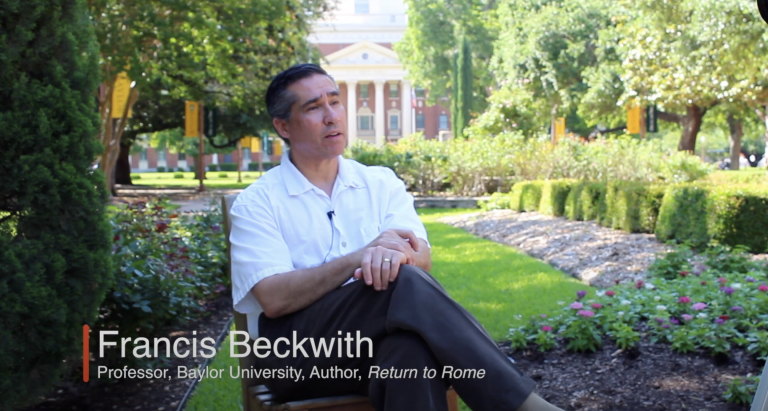
In a conversation with a colleague, he brought to my attention a concern raised by some on campus who believe that too much of an emphasis by the administration on the school’s Christian mission in addressing public issues in which Christian anthropology seems to some of us to be particularly illuminating (e.g., on racial prejudice, social ethics) may make our non-Christian students feel uncomfortable. It is, of course, an imperative that Christians should exhibit virtue toward those who do not share our faith. (“As God’s chosen ones, holy and beloved, clothe yourselves with compassion, kindness, humility, meekness, and patience.” (Col 3:12 – NRSV)). On the other hand, we have special responsibilities “to equip the saints for the work of ministry, for building up the body of Christ” (Eph 4;12 – NRSV) and to “go into all the world and proclaim the good news to the whole creation” (Mk 16:15 – NRSV). For this reason, in the context of a Christian university that invites non-Christians to join its community, not only should its leadership be prudent in properly balancing the institution’s obligations to welcome, equip, and proclaim, but those of us who are outside the university’s ecclesial orbit, though nevertheless members of the community, have responsibilities as well. To give you a sense of what I mean, consider the following story, which I tell my students in my Law and Religion class prior to our discussion of court cases involving Latter-day Saints:
In 2011 I was invited to give a series of lectures at Brigham Young University (BYU). I was staying at the Marriott right off campus. Because I thought I would get coffee on campus right before my first lecture, I declined to drink any before leaving the hotel. But then it occurred to me on the ride there, “The LDS don’t serve coffee!” I went through three hours of lectures and workshops with an extraordinary headache. It was only on my way up to Salt Lake City—to speak on Catholic Social Thought to the LDS public affairs office—that my ride, BYU prof Bob Millett, pulled into a Starbucks where I was able to grab a cup of joe for the journey north.
Would it have been convenient for me if I had asked my hosts for coffee, and they had complied? Indeed it would have. But it would have been disrespectful and insulting to them to have even asked. Better to suffer the headache than to offend my friends. I was an invited guest. It was not my place to put my host in a position to not exercise his faith in its fullest. The world is a better place when traditional Christians allow Mormons to be Mormons, even though many us would like the LDS to join us in our church and bring all their virtues with them. It’s the love of which St. Paul writes: “It does not dishonor others; it is not self-seeking.”
Tying this back to the issue at hand: Baylor’s non-Christian students are indeed full-fledged members of our academic community, but they are also ecclesial guests. As a Catholic I think the same way about my own relationship to Baylor. I am neither a Protestant nor a Baptist. For this reason, it is obviously not my place to interfere with the internal workings of the Baptist General Convention of Texas or the chaplain’s office at Baylor, or expect either to accommodate my spiritual sensibilities or doctrinal beliefs. In fact, if I were ever to express inclinations in that direction I hope that my Baptist colleagues would offer me correction. For the only appropriate response of a guest to a host’s graciousness is gratitude.



